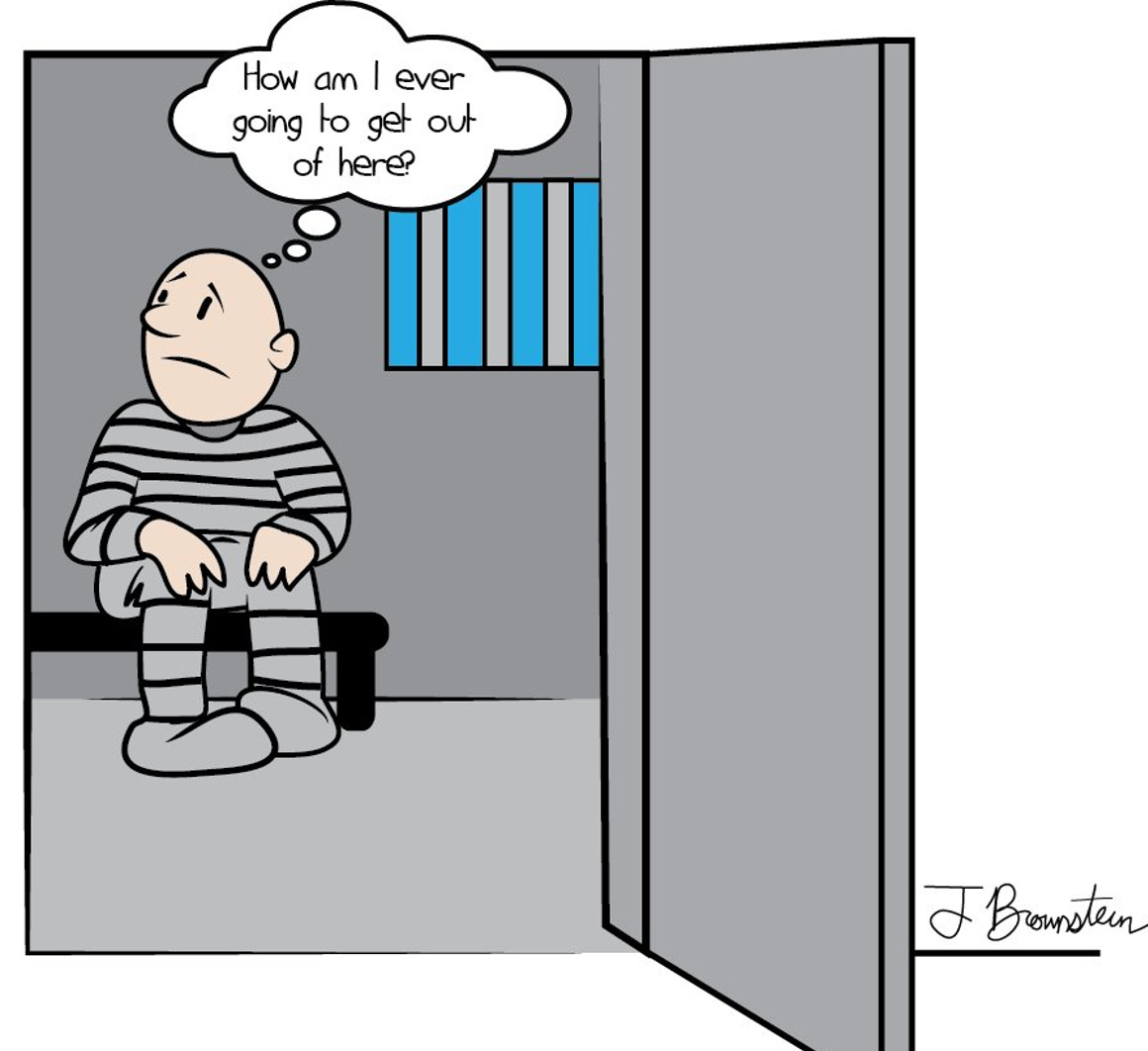In his play Man and Superman, George Bernard Shaw wrote,
This is the true joy in life, the being used for a purpose recognized by yourself as a mighty one; the being thoroughly worn out before you are thrown on the scrap heap; the being a force of Nature instead of a feverish selfish little clod of ailments and grievances complaining that the world will not devote itself to making you happy.
Don’t our feelings often send us a make me happy message? We cultivate and rehearse our grievances, then blame others and circumstances for our suffering, and settle into the seemingly futility of life.
David Reynolds advises, “A better strategy for living is to be purpose-focused instead of being feeling-focused.”
When we focus on feelings, we are barking up the wrong tree. Reynolds writes, “You can't make good feelings last and last; you can't make bad feelings go away at will.”
Reynolds provides a simple example of a feelings trap sabotaging what needs to be done: “People tend to get distracted by feelings (for example, by anxiety before college exams) and shift away from their original purposes (for example, by trying to resolve the anxiety instead of continuing to study for the exams).”
In Session 6, we investigated our connectedness. Greg Krech has observed,
If we are willing to investigate our connectedness, a whole new experience of life unfolds. We feel supported and cared for. We feel related to people we have never met. Our extended family extends everywhere. This path of connectedness can lead us to the doorstep of faith. It can lead us to the doorstep of our true purpose in life. It can inspire us, delight us, and free us from the burden of self-importance. But first we must let go of who we think we are.
If it is true that to find our purpose “we must let go of who we think we are,” than we must first become more self-aware. It is unrealistic to expect to relinquish our ego; our objective is to increase self-awareness of its operations.
We don’t have to start out knowing our purpose. In the thread for Session 2, Martin shared an insight about the very first step we have to take:
Once you know your goal or purpose, the process to achieve that goal likely has several steps but that the very 1st step has to be consistent with one's TRUE level of development up til that moment in time. One needs to ask themselves, ‘where am I honestly right now?’ This is not asking where I would like to be, or assume I am based on what I would rather not observe about myself. It's about truly accepting the reality of your circumstances.
Zen teacher Charlotte Joko Beck observed how we spend our time thinking about how we need to feel “safe, comfortable, entertained, pleased, nonthreatened at every juncture.” She adds, “when we live that way, we’ve missed the boat.” Beck advises us to “give up our ego-centered dreams for this reality that we really are.”
I have made a list of common ego-centered thoughts that arise when we fixate on our feelings. This list is adapted from my book The Inner-Work of Leadership.
Practice quietly observing your thoughts and behaviors, and become increasingly aware of your resistance to life and thus your purpose. Make your observations without self-judgment. Perhaps you will notice thoughts similar to those on my list. The list is not exhaustive; please share any additional thoughts or behaviors you notice.



